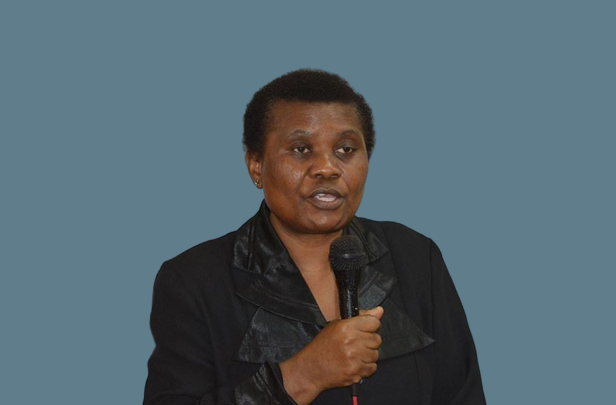The High Court in Nairobi has nullified the Collective Management Organization (CMO) licenses issued to the Music Copyright Society of Kenya (MCSK), Kenya Association of Music Producers (KAMP), and Performers Rights Society of Kenya (PRISK), following a case presented by musician Justus Ngemu, Chairman of the Music Associations Alliance of Kenya.
Ngemu challenged the validity of licenses issued by the Kenya Copyright Board’s Executive Director, claiming they were issued without a legally constituted board, and accused Parliament of interfering with KECOBO’s operations, arguing it was contrary to the law.
In October, Lady Justice Hedwig Imbosa Ong’udi of the Milimani Law Courts delivered a verdict, stating that the petition filed on May 17, 2023, had merit and had significant implications for the collective management of music rights in Kenya.
The judge’s ruling has profound implications for the collective management of music rights in Kenya.
Justice Ong’udi ruled that an order of certiorari has been issued, directing the Executive Director of KECOBO to quash the decision to award certificates of renewal of registration for Collective Management, dated May 5, 2023, unless such certificates were issued by the Board of Directors.
She further ruled that an order of prohibition prohibits KECOBO from processing or issuing certificates of renewal of registration for a Collective Management society to any interested parties without a decision made by a legally constituted board of directors of KECOBO.
She said that KECOBO does not have the authority to issue “provisional,” “interim,” or “partial” licenses to interested parties.
The judge, in her ruling, ordered a permanent injunction that has now been put in place, restraining KECOBO from issuing any certificates of renewal of Collective Management until KECOBO shall be lawfully constituted under the Copyright Act.
On meeting the cost of the suit, she directed half of the costs to be met by the 1st respondent, with the 2nd and 3rd interested parties sharing the remaining burden.
The ruling has come as a big relief to the music industry practitioners, as the licenses of MCSK, KAMP, and PRISK were quashed and they are no longer authorised to license or collect royalties for the public use of music.
This ruling has set a precedent in the management of music rights in Kenya and is expected to have far-reaching consequences within the music industry and copyright management in the country.
She ruled that “half of the costs will be borne by the 1st respondent, with the 2nd and 3rd interested parties sharing the remaining burden.”
Justus Ngemu has expressed his satisfaction with the court’s decision, stating, “We are excited that justice has been done, and we appreciate the courts for upholding the rule of law.”
This ruling underscores the importance of legal compliance and due process in the administration of collective music rights.
By Ian Chepkuto





